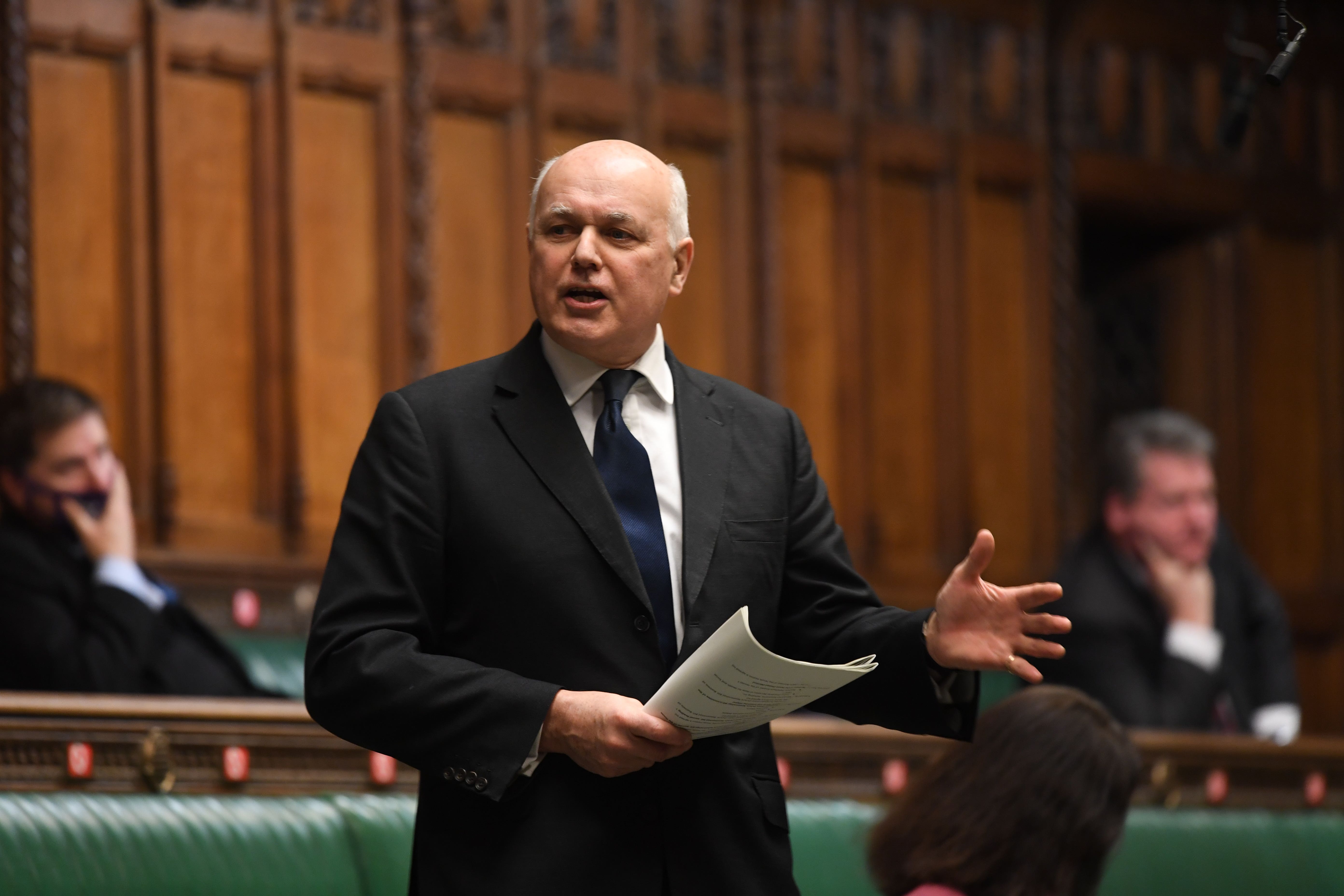Rishi Sunak accused of ‘kowtowing’ to China by Tory hawks
PM sparks backlash as foreign policy review stops short of classifying Beijing as a ‘threat’

Rishi Sunak has been accused by senior Tories of “kowtowing” to China as he defied calls to reclassify Beijing as a systemic threat to Britain.
The PM defended his policy of continuing to engage with China, despite believing that Xi Jinping’s “increasingly authoritarian” regime poses an “epoch-defining challenge” to the global order.
But Mr Sunak sparked a row with China hawks in his party, who agree with his predecessor Liz Truss that the country should have been redesignated a threat.
The government’s updated blueprint for foreign and defence policy, revealed on Monday, states that the UK is committed to “swift and robust action” to counter any threat from China – but does not label the state a threat in itself.
The so-called Integrated Review document says that China under Communist Party rule represents a “systemic challenge” to almost every aspect of British government policy and to the everyday lives of British citizens.
While the UK will continue to seek to engage “constructively” with the regime, the document warns that this will become increasingly difficult if Beijing continues its trend towards greater “authoritarianism and assertiveness”.
Ms Truss was expected to designate China a “threat” to national security. Mr Sunak claimed during the Tory leadership contest that China represents the “biggest long-term threat to Britain”, but has since appeared to soften his stance.
Asked while on a trip to the US about his previous comments on China, Mr Sunak told reporters: “I don’t think it’s smart or sophisticated foreign policy to reduce our relationship with China ... to just two words.”
Former Tory leader Sir Iain Duncan Smith said he feared the updated review would be “a wasted opportunity to call out China as they are, a threat to our way of life and physically to us”. The senior figure added: “By being weak in facing China, China doesn’t respect us. If we don’t show strength they won’t respect us. Project Kowtow is alive and well.”
Senior Tory Alicia Kearns, chair of the foreign affairs select committee, also criticised Mr Sunak’s approach. She said the threat “cannot be seen as primarily economic – that is to fail to understand that China is foremost seeking to undermine our national security and sovereignty”.
Later, speaking in the Commons, Sir Iain said he was “confused” by the position. He compared the level of UK sanctions with those enacted by the US, but added: “So does that now mean that China is a threat, or an epoque-defining challenge, or a challenging government epoque, or even none of that?”
Foreign secretary James Cleverly replied: “With a country as big, as influential and as significant as China, it is impossible to distil it down just to a simple set of words or a phrase.”

The updated review highlights two developments of particular concern: China’s “deepening partnership” with Russia, and Moscow’s “growing cooperation” with Iran.
The document also reveals that an extra £5bn will be added to Britain’s military budget over the next two years, as it sets out the government’s latest position on defence and foreign policy.
The prime minister has also pledged to boost defence spending to 2.5 per cent of GDP as soon “as fiscal and economic circumstances allow”, stepping back from Ms Truss’s more ambitious 3 per cent target.
Defence secretary Ben Wallace – who had reportedly argued for a £11bn hike in his department’s budget – is “delighted with the settlement”, according to the Ministry of Defence (MoD).
Tobias Ellwood, Tory chair of the defence select committee, said it isn’t enough – claiming that countries like China and Russia would be “breathing a sigh of relief” at the size of the settlement.

“The next couple of years are going to get very, very dangerous indeed,” he told Sky News. “We are at the foothills of another cold war ... And it’s countries like Britain that usually step forward, and other nations follow. We can only do that if we invest further in our defence.”
Mr Wallace dismissed rumours that he might quit, when asked in the Commons by Labour MP Barry Sheerman if he had thought about resigning. “As a Tory, you think about resigning most of the time,” he joked, before adding: “I’m interested in trying to deliver for our men and women in the armed forces.”
Funding for the China capabilities programme – including training in the Mandarin language and improving diplomatic expertise – will be doubled as part of the updated review. And the BBC World Service will get £20m to combat misinformation.
Plans also include the creation of a new agency within MI5 to provide a wide range of UK businesses and other organisations with immediate access to expert security advice.
Luke de Pulford, executive director of the Inter-Parliamentary Alliance on China – an international campaign group – said there would be “concern” if the review “fails to acknowledge Beijing for the very real and present threat that it is”.
Mr Sunak held talks with US president Joe Biden and Australian PM Anthony Albanese about the Aukus nuclear-powered submarine programme on Monday as the updated review was announced.
Speaking to reporters accompanying him on his trip, Mr Sunak said China “presents an epoch-defining challenge to us and to the global order”, adding: “It’s a regime that is increasingly authoritarian at home and assertive abroad, and has a desire to reshape the world order.”




Join our commenting forum
Join thought-provoking conversations, follow other Independent readers and see their replies
Comments